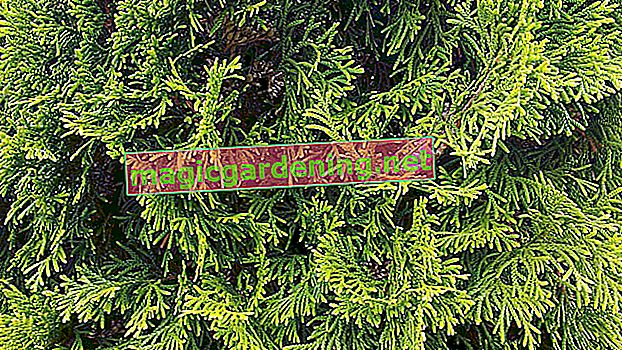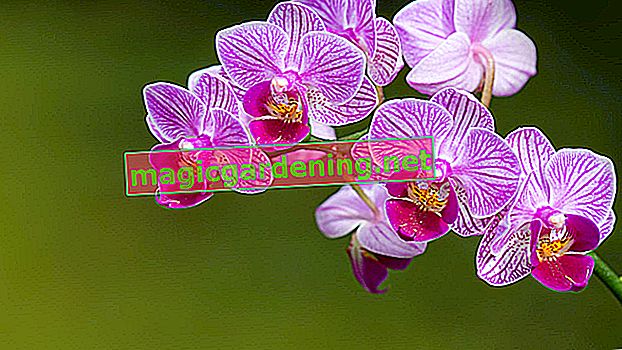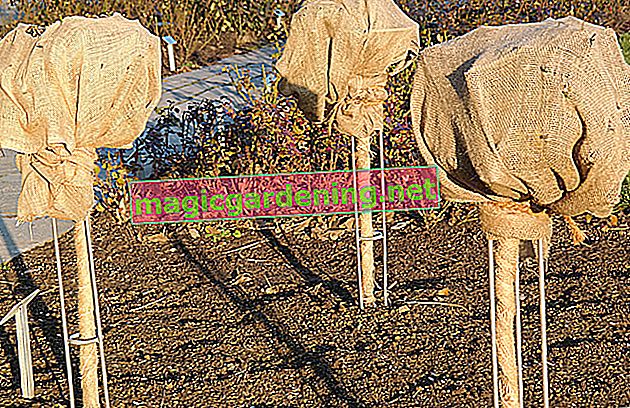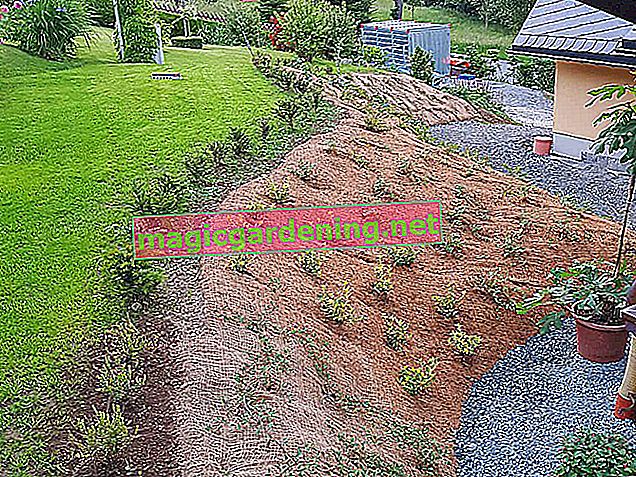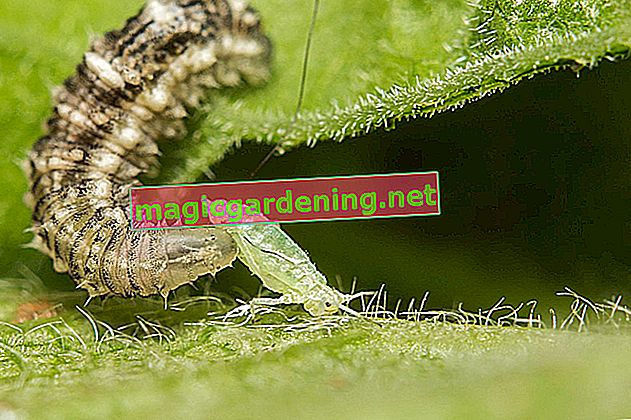
Two pests specialize in tomatoes
Among the large number of plant pests, the following two culprits are primarily targeting tomatoes.
also read
- Fight brown rot on tomatoes with effective prevention
- Common pests on the yucca palm and how to fight them
- Do tomatoes also thrive in partial shade?
Tomato Leaf Miners - (Liriomyza bryoniae)
The hatched larvae eat their way through the leaf tissue in clearly recognizable mining passages.
- remove infected leaves immediately
- to combat beneficial insects such as the parasitic wasp
Tomato Rust Mites - (Aculops lycopersici)
The infestation manifests itself very late in the form of yellow, withering leaves and brown discolored shoots. The fruits cork and fall off.
- use predatory mites in the early stages
- if the infestation pressure is high, dispose of the entire tomato plant
Omnipresent pests do not spare tomatoes
Often it is the usual suspects among the garden pests who afflict your home-grown tomatoes. The following candidates stand out here in particular:
Whitefly - (Trialeurodes vaporariorum)
The 2 millimeter small, white powdered insects cavort on the undersides of the leaves. Here they suck the life out of the plant. When shaken, a white cloud of these pests rises. A close-meshed net protects the plants from infestation outdoors. Beneficial organisms such as ladybirds and parasitic wasps have proven themselves in the greenhouse. (€ 14.59 at Amazon *)
Thrips, fringed winged - (Thysanoptera)
The tiny, black insects cause speckles on the leaves and fruits as they remove the sap from them. The larvae meanwhile damage the roots in the soil with their feeding activity. As a preventive measure, hang up blue glue boards. Beneficial organisms such as lacewing larvae, hoverflies and predatory mites keep an infestation under control. Repeatedly splash a soft soap solution and garlic tea.
Tips & Tricks
The use of beneficial insects is increasingly gaining ground in environmentally friendly pest control. Since parasitic wasps and colleagues are rarely bred in the hobby garden, specialist dealers have concentrated on this offer. The little helpers are delivered in special transport containers, including precise instructions for application in the bed or greenhouse.

